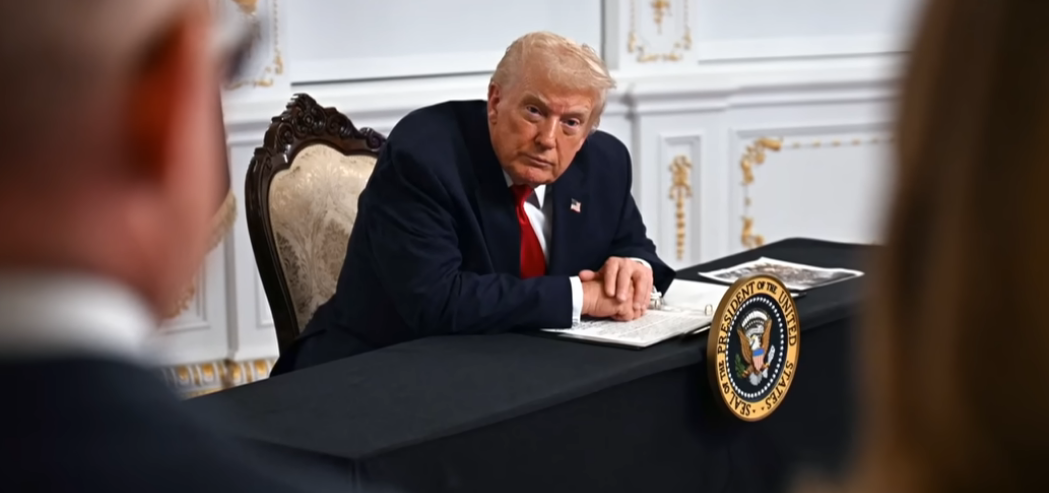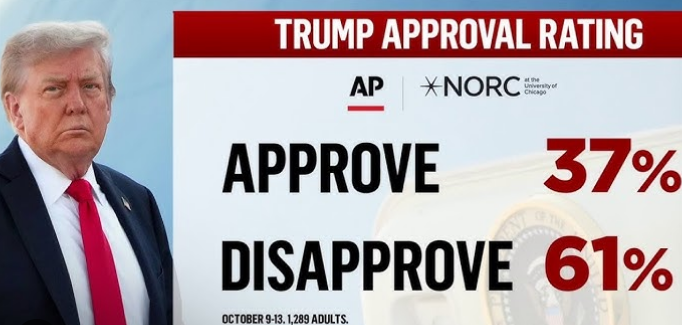Photos: YouTube Screenshots\Wikimedia Commons
Israeli Prime Minister and international fugitive Benjamin Netanyahu delivered a speech Tuesday encouraging his ministers to accept a ceasefire deal with Lebanon. The truce with Lebanon, Netanyahu said, would allow Israel to rearm itself and focus on the war against Hamas and Iran. He also claimed that the U.S. had assured Israel that it would be permitted to resume its military attacks on Lebanon if Hezbollah violates the agreement.

The proposed agreement between Lebanon and Israel does not include any terms requiring Israel to end its war of annihilation against the Palestinians of Gaza. Netanyahu’s cabinet voted to accept it, 10-1. Itamar Ben-Gvir, Netanyahu’s far-right minister of national security, was the sole vote against it.
Throughout the day Tuesday, as the Lebanese people waited for word on whether their government would accept the deal, Israel pounded Lebanon with massive airstrikes, including fire belt bombings in the southern Beirut suburb of Dahiya.
The full specifics of the proposal, which was spearheaded by the U.S. and France, have not yet been made public. In his speech announcing the agreement, President Joe Biden characterized the deal as a permanent cessation of hostilities between Israel and Hezbollah that would take hold Wednesday morning. He said Israeli forces would withdraw from Lebanon within 60 days. Biden emphasized that Israel would retain the right to attack Hezbollah if it posed any threat to Israeli security, confirming Netanyahu’s claim.
Biden also said he is going to “make another push” for a Gaza ceasefire before leaving office.
Lebanon’s Prime Minister Najib Mikati said on Tuesday evening that he welcomed the ceasefire and called on Israel to respect the terms of the agreement and to fully withdraw from Lebanese territory and cease its attacks. But as of publication, Hezbollah had not released an official statement. A senior Hezbollah official told Al Jazeera it doubted Netanyahu’s commitment to a ceasefire and said the movement was reviewing the terms of the final deal carefully.

In recent days, Hezbollah has indicated it was open to a truce, including one that did not involve an end to the war in Gaza. “When the enemy fails to achieve its [set] goals, this means we have achieved victory,” said Sheikh Naim Qassem, the leader of Hezbollah on November 20.
On this breaking news bonus episode of Intercepted—recorded just before Biden’s speech at the White House this afternoon—Jeremy Scahill speaks with Dr. Sami Al-Arian, the Director of the Center for Islam and Global Affairs at Istanbul Zaim University.
They discuss the emerging details of the agreement, its impact on the war against Gaza and what to expect with Donald Trump’s imminent return to power. Listen here or on the Drop Site channel on Apple, Spotify, RSS, or wherever you get your podcasts.
Originally from Palestine, Al-Arian lived in the US for four decades and was a university professor in Florida. Some of our listeners may be familiar with his story. Under the George W. Bush administration, Sami Al-Arian was subjected to a decade long legal persecution and portrayed by the Bush administration as a dangerous terrorist and a leader of Palestinian Islamic Jihad. He was charged with 53 counts. The case was, at its core, a political attack waged by Bush’s Justice Department as part of a wider assault on the rights of Muslims in the U.S. The legal case against Al-Arian was flimsy, and prosecutors largely sought to portray his protected First Amendment speech and charitable activities as terrorism. At trial, the government failed to win a conviction on any of its charges and years later Al-Arian agreed to a plea deal to bring an end to the legal harassment. As part of that deal, he agreed to leave the U.S.

Before you go: Giving Tuesday is just around the corner (December 3rd), and we have an exciting opportunity to strengthen our journalism. Right now, every donation to Drop Site News will be matched dollar-for-dollar up to $100,000 by a group of our most dedicated supporters. Whether you choose to make a tax-deductible donation directly or become a paid subscriber on Substack, you’ll be helping us deliver the kind of deep, investigative journalism that corporate media won’t touch. Help us reach our goal by becoming a paid subscriber or making a tax-deductible donation today.





